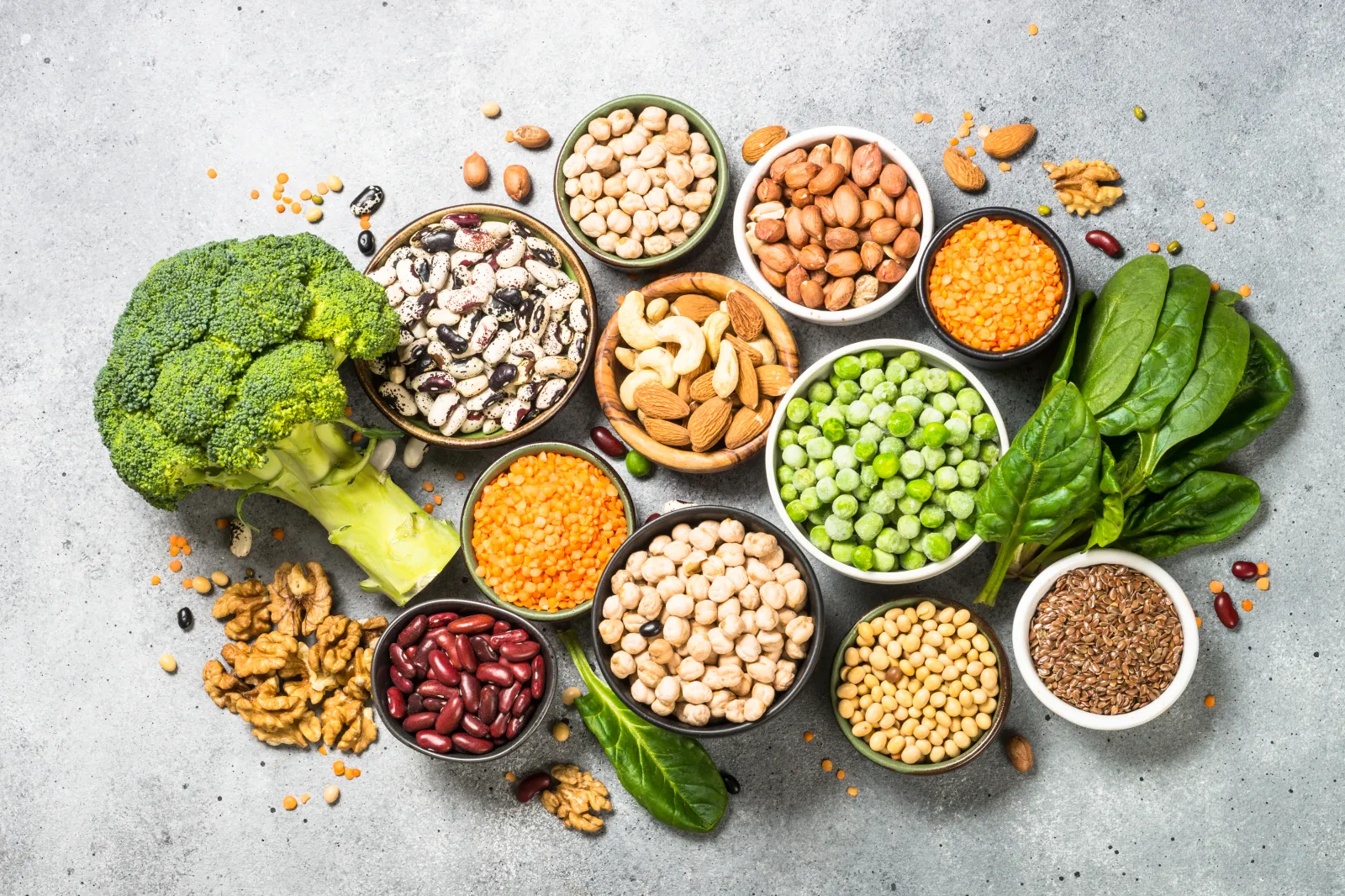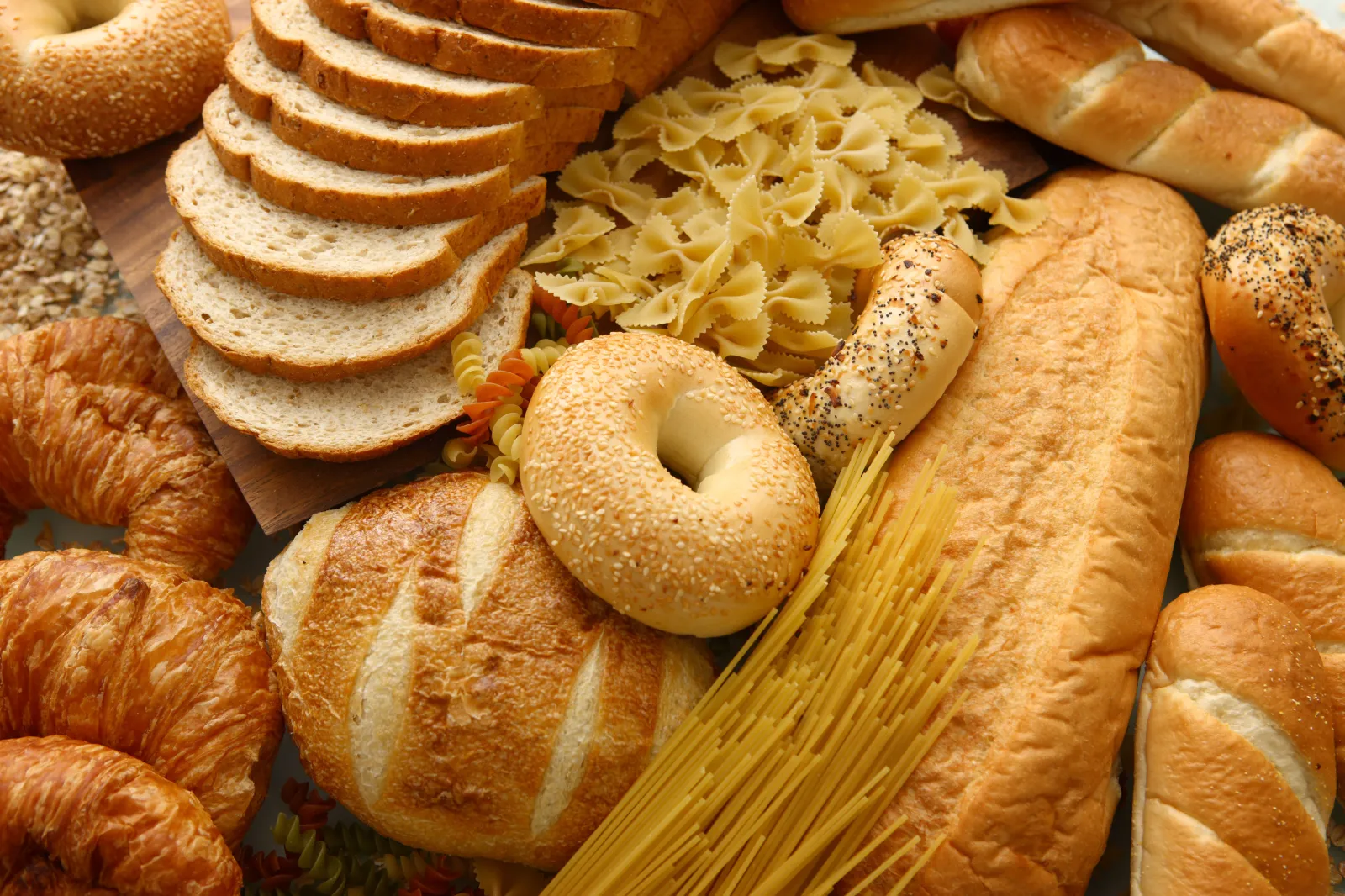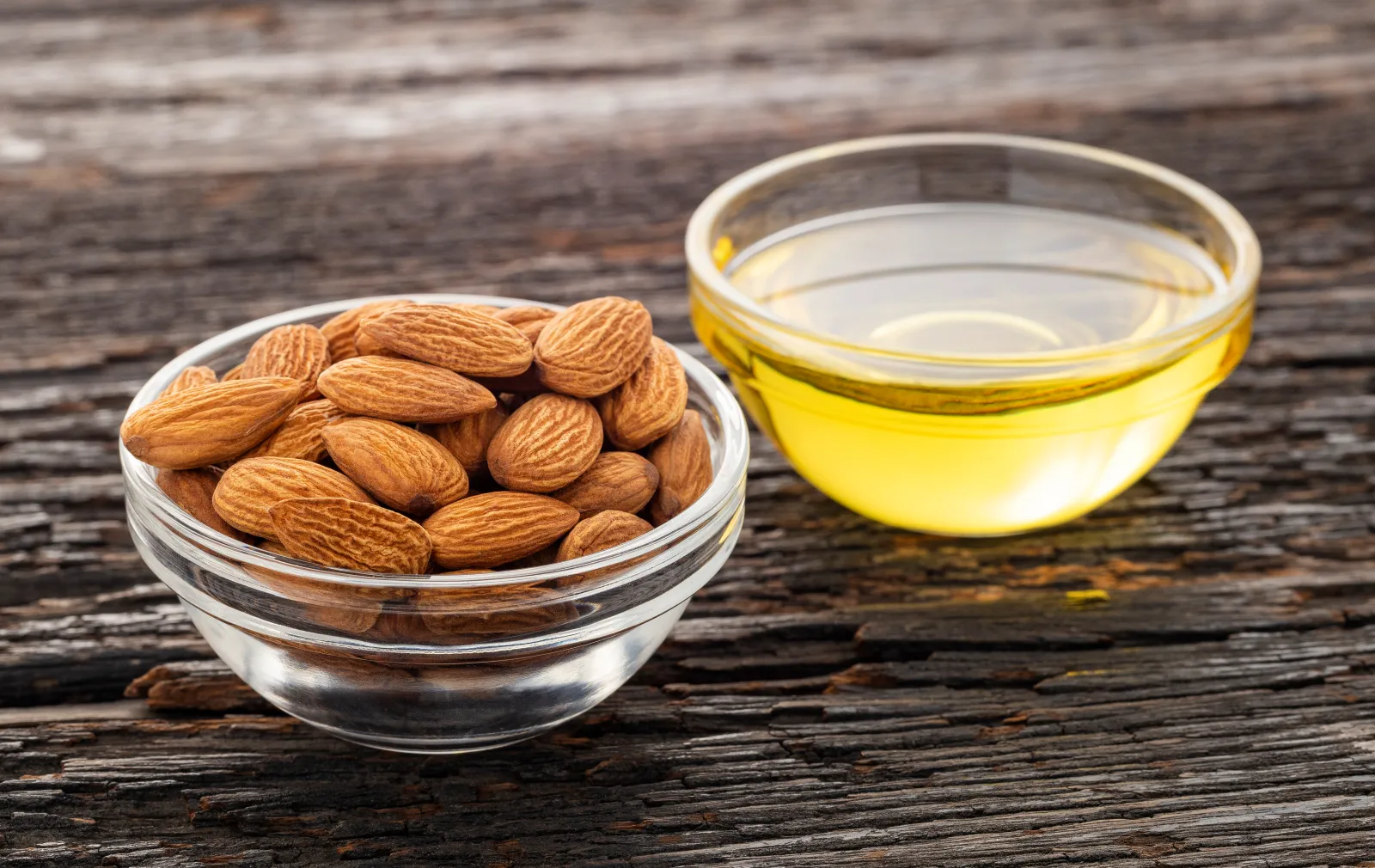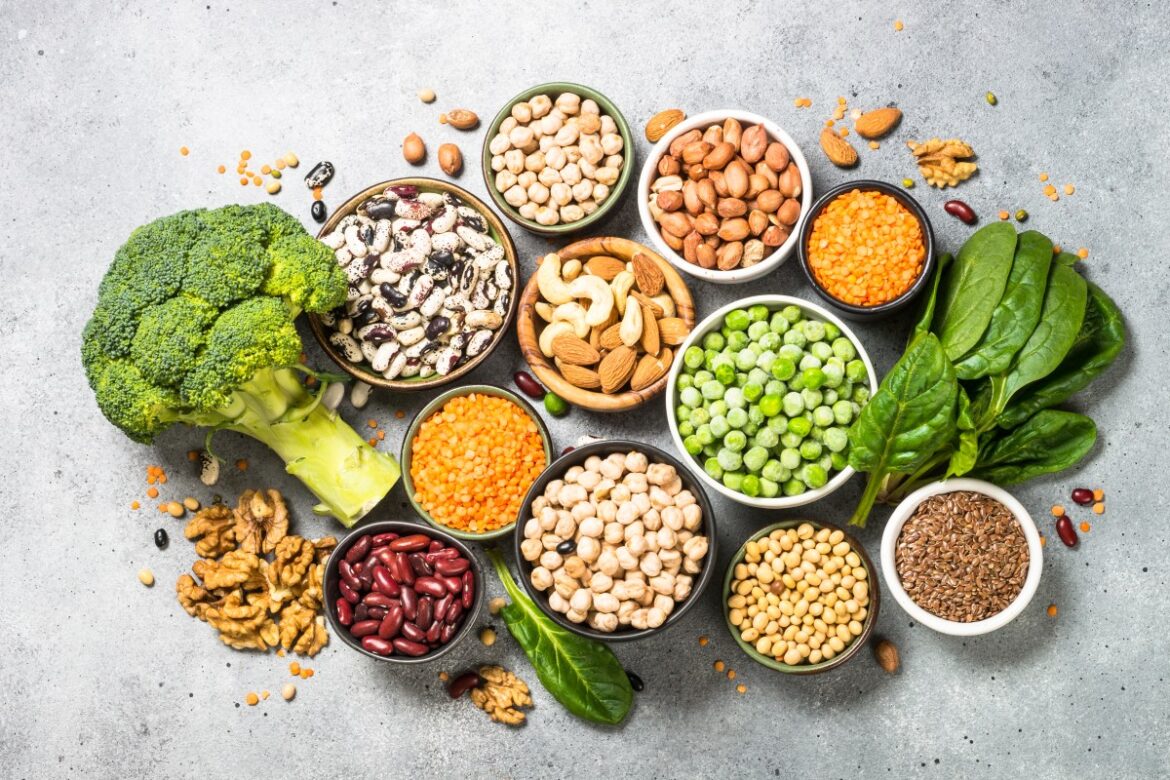We’re often told the same weight-loss mantra: load up on fruits and vegetables, keep meals “balanced” and make sure you’re getting enough protein—usually with meat or dairy. But researchers have found that ditching animal products altogether can led to more weight loss, even if the vegan diet adopted still has ‘unhealthy’ components.
The study, led by Dr. Hana Kahleova, director of clinical research at the Physicians Committee for Responsible Medicine, suggests that shifting toward plant-based eating can drive weight loss without calorie counting.
Specifically, the team found that even eating vegan food defined as “unhealthy” by the plant-based diet index leads to greater weight loss than the Mediterranean diet.
“Our research has found that a low-fat vegan diet is also beneficial for lowering cholesterol, improving diabetes, and other health improvements,” Kahleova told Newsweek.
At the start of the year, a survey conducted by the nonprofit health organization found nearly half of U.S. adults plan to start a new diet but among those respondents, fewer than one in 10 say they intend to go plant-based or vegan—despite research showing these diets are among the most effective for losing weight and maintaining it long term.
 How the Trial Worked
How the Trial Worked
The new paper is a secondary analysis of a previous trial comparing two popular eating patterns. In the original study, researchers randomly assigned 62 overweight adults to follow either:
a low-fat vegan diet focused on fruits, vegetables, grains and beans, ora Mediterranean diet emphasizing fruits, vegetables, legumes, fish, low-fat dairy and extra-virgin olive oil.
Each group followed their assigned diet for 16 weeks without calorie limits. Participants then returned to their usual baseline diets for a four-week washout period before switching to the opposite diet for another 16 weeks.
Earlier findings from that trial showed the vegan diet was more effective for weight loss and produced better outcomes for weight, body composition, insulin sensitivity and cholesterol levels compared with the Mediterranean diet.
What the Plant-Based Diet Index Measures
For this secondary analysis, researchers used detailed food records to examine how changes in different types of plant-based eating related to weight loss under each diet. They applied a plant-based diet index (PDI) system that scores food intake in three ways:
PDI: higher scores reflect more plant foods overall.hPDI: higher scores reflect more “healthful” plant foods (fruits, vegetables, whole grains, nuts, legumes, oils, coffee, tea) and fewer “unhealthful” ones.uPDI: higher scores reflect more “unhealthful” plant foods (fruit juice, sugar-sweetened beverages, refined grains, potatoes, sweets) and fewer “healthful” foods.
The researchers found the overall PDI score rose significantly on the vegan diet but did not change on the Mediterranean diet. The hPDI score increased on both diets. Meanwhile, the uPDI score increased on the vegan diet and decreased on the Mediterranean diet.
 Why ‘Unhealthful’ Vegan Foods Still Led to Weight Loss
Why ‘Unhealthful’ Vegan Foods Still Led to Weight Loss
The pattern identified in the study means that participants on the low-fat vegan diet did not just eat more plants—they also ate more of certain plant staples classified as “unhealthful,” such as potatoes and refined grains. Despite the label, replacing animal products with these foods still tracked with weight loss.
The analysis showed that higher PDI and uPDI scores—changes seen only on the vegan diet—were associated with weight loss. By contrast, hPDI improvements occurred on both diets and were not linked to changes in body weight.
 The Role of Oils and Nuts
The Role of Oils and Nuts
A notable driver of the uPDI increase on the vegan diet was a drop in oils and nuts, which the index categorizes as “healthful” plant foods. Reducing them pushed uPDI scores higher—and was linked to more weight loss.
“Oils and nuts are considered “healthful” by the plant-based diet index. Consuming oils and nuts increase the score in the hPDI, but decreases the score in the uPDI,” Kahleova told Newsweek.
“Our research showed that people following the low-fat vegan diet reduced consumption of oils and nuts, which increased the uPDI score and led to weight loss.”
What This Suggests for Weight-Loss Strategies
Most of the index shifts came from avoiding animal foods altogether, underscoring how strongly cutting meat and other animal products shaped results. The researchers also pointed to reduced oils and nuts as an additional factor that may help explain why the low-fat vegan diet was more effective for weight loss than the Mediterranean diet in this trial.
Newsweek discussed the findings with Rimas Geige, a medical doctor, registered dietician and clinic nutritionist.
“As a dietician, I see this daily. A client can eat a significantly larger volume of whole plant foods, like a huge bowl of potatoes and beans (the ‘unhealthy’ plant foods in this context), for fewer calories than a small serving of olive oil-rich cheese and fish,” Geige, the owner of It’s Me & You Clinic, located in Surrey, England said.
“Based on this, I’d say that it’s the volume to calorie ratio that wins the initial weight battle.”
Together, the findings suggest that replacing animal products with plant-based foods—even some categorized as “unhealthful” by scoring systems—and limiting high-fat plant foods like oils and nuts may be a successful strategy for weight loss, at least in the short term.
Do you have a tip on a health story that Newsweek should be covering? Do you have a question about vegan diets? Let us know via health@newsweek.com.
Reference
Barnard, N. D., Alwarith, J., Rembert, E., Brandon, L., Nguyen, M., Goergen, A., Horne, T., do Nascimento, G. F., Lakkadi, K., Tura, A., Holubkov, R., & Kahleova, H. (2022). A Mediterranean Diet and Low-Fat Vegan Diet to Improve Body Weight and Cardiometabolic Risk Factors: A Randomized, Cross-over Trial. Journal of the American Nutrition Association, 41(2), 127–139. https://doi.org/10.1080/07315724.2020.1869625
Kahleova, H., Smith, R., Fischer, I., Brennan, H., Znayenko-Miller, T., Holubkov, R., & Barnard, N. D. (2025). Plant-based dietary index on the Mediterranean and a vegan diet: A secondary analysis of a randomized, cross-over trial. Frontiers in Nutrition, 12. https://doi.org/10.3389/fnut.2025.1666807


Dining and Cooking